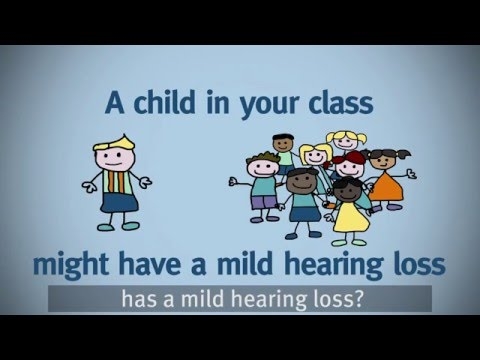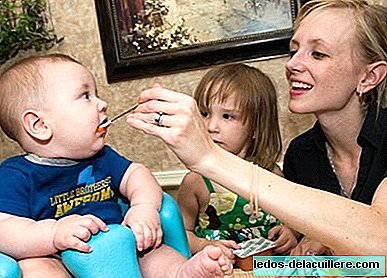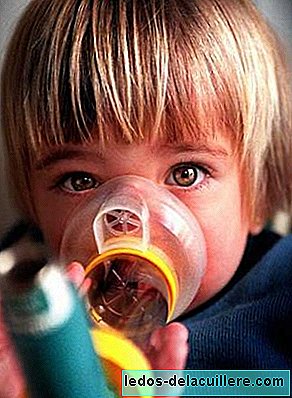
Dr. Ernesto Lugo Llamosas, a pediatrician collaborating with the Pediatric Zone, tells us that infectious diarrhea is the 'increase in water content and frequency of bowel movements caused by viruses, bacteria, parasites or fungi'.
In some cases it is also associated with fever in varying degrees or vomiting. The cause is usually the consumption of contaminated food or water, as well as poor hand washing. Apparently, many cases are self-limited (that is, they resolve with oral hydration and diet), although a minority require antibiotic treatment.
Types of infectious diarrhea
We find the one that is caused by toxins (bacteria and fungi), the invasive one (because of bacteria or parasites) and the cytopathic, when the viruses destroy the intestinal cells when multiplying inside.
They are indicated as a risk to get diarrhea due to toxins, celebrations where food is prepared in advance and kept uncooled in warm and unprotected environments (Be careful that we are already in spring and it starts to get hotter!). This type of diarrhea causes dehydration quickly due to the abundant loss of fluid.
In invasive diarrhea fever is also observed, as well as mucus and blood in bowel movements due to ulcerations in the mucosa.
Can infectious diarrhea cause a food with a laxative effect?
In any case, its effect would be short, not going beyond 24 hours of evolution. The foods that can make us suspect would be orange juice, prunes, mango or papaya, although this cause is controlled because we can take into account the antecedent.
If there is infection, infants or young children are more irritable and will refuse food. Let's not forget that many times (and regardless of the laxative effect), Vegetables or fruits can make us sick if they are not well washed.
The primary danger of a diarrhea picture is that it can cause two very delicate problems: dehydration and imbalance in the concentrations of sodium, potassium, calcium, magnesium in the blood
How should we proceed?
If our child has diarrhea and we assume that the cause is infectious, we must take into account some recommendations:
Avoid self-medication and go to the pediatrician.
Continue with the usual diet avoiding fasting if possible, we can divide the diet into small portions and incorporate astringent foods that decrease water loss. The author of the article points to the cooked rice, apple or pear water, pasta soup, chicken breast, chicken broth with vegetables, potatoes, carlotas and zucchini.
Offer water and oral hydration serum (according to pediatrician's recommendation); Chamomile infusions are acceptable.
"Homemade sera" based on a handful of sugar and a pinch of salt are not recommended, much less prepared from carbonated beverages since they do not hydrate properly and can increase the acidity of the blood (acidosis) and unbalance concentrations of salts and water inside and outside the cells, causing serious complications
- Watch over indicators of possible dehydration to act quickly and not worsen the situation: dry mouth, thick saliva, crying without tears, sunken eyes, intense thirst, poor urine, sunken fontanel, irritability.
Babies under six months with diarrhea have a high risk of dehydration if they have two or more obvious signs or have evacuated more than eight times a day and / or have more than four vomiting in 24 hours, as well as persistent fever.
- In infants not stop breastfeeding but keep it, because breast milk contains defense cells and natural anti-infectious substances.
Prevention
Water and food should always be hygienically prepared, perishable foods should always be refrigerated. In children under six months, bottles (if used) should be sterilized by boiling or in the microwave. When transporting sensitive foods (excursions, picnics, etc.) it is better to use a portable refrigerator with ice accumulators.
Let's not lose sight of that many times infectious diarrhea can be avoided, and when they occur, we must act with caution and ask any questions to the pediatrician. It is better to go beyond insistent than reckless.












